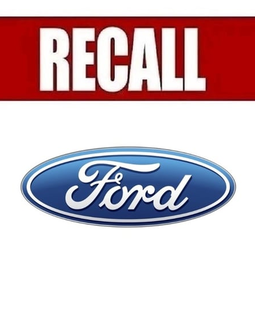The automotive market in Swaziland, a small yet dynamic country in Southern Africa, reflects both the global trends and the unique local challenges faced by smaller economies. With a growing demand for vehicles and a strong reliance on imports, Swaziland's automotive sector presents a mix of opportunities and hurdles for stakeholders. This article delves into the current state of the automotive market in Swaziland, examining the key trends, challenges, and future prospects.
Overview of the Swaziland Automotive Market
Swaziland's automotive market is primarily driven by imports, with most vehicles being sourced from South Africa, Japan, and other countries. The market is dominated by second-hand vehicles, which are more affordable for the majority of the population. The demand for new cars is limited but steadily growing, driven by urbanization and an increasing middle class with higher purchasing power.
The market features a diverse range of vehicles, from compact cars to SUVs and commercial vehicles, reflecting the varied needs of the Swazi population. The government and corporate sectors also contribute to the demand, especially for commercial vehicles and specialized transport solutions.
Key Trends in the Automotive Sector
Several trends are shaping the automotive market in Swaziland. Firstly, there is a noticeable shift towards more fuel-efficient and environmentally friendly vehicles. As fuel prices continue to rise and environmental awareness grows, consumers are increasingly opting for cars with better fuel economy, including hybrid and electric vehicles, though the latter remains a niche market due to limited infrastructure.
Another trend is the growing popularity of SUVs and crossovers, which offer a combination of comfort, space, and off-road capability. These vehicles are particularly favored by families and businesses that require versatile transportation options.
Additionally, there is an increasing preference for vehicles with advanced safety features and modern technology. Consumers are becoming more discerning, seeking cars that offer not only reliability but also enhanced safety, connectivity, and comfort.
Challenges Facing the Swaziland Automotive Market
Despite the positive trends, the Swaziland automotive market faces several challenges. One of the most significant is the economic environment, which affects consumers' purchasing power. High import duties, taxes, and the fluctuating exchange rate contribute to the high cost of vehicles, making it difficult for many Swazis to afford new cars.
Another challenge is the reliance on second-hand vehicles, which, while affordable, often come with issues related to maintenance and longevity. The lack of strict regulations on vehicle imports can lead to an influx of older, less reliable cars that may not meet modern safety and environmental standards.
The automotive market in Swaziland also suffers from a lack of infrastructure, particularly for electric vehicles. While there is interest in more sustainable transportation options, the absence of charging stations and other necessary infrastructure hinders the adoption of electric and hybrid vehicles.
Future Prospects and Opportunities
Looking ahead, the Swaziland automotive market has several opportunities for growth. The increasing urbanization and rising middle class are likely to drive demand for new and better-equipped vehicles. As global car manufacturers continue to innovate, there is potential for the introduction of more affordable, fuel-efficient, and technologically advanced vehicles into the market.
Furthermore, the government's focus on improving infrastructure and promoting sustainable development could create a more conducive environment for the adoption of electric vehicles. With the right policies and investments, Swaziland could see a gradual shift towards greener transportation options.
There is also an opportunity for local businesses to capitalize on the growing demand for vehicle maintenance and repair services, particularly as the number of vehicles on the road increases. Establishing more authorized service centers and parts suppliers could help address some of the challenges associated with the reliance on second-hand vehicles.
Conclusion: Navigating the Future
The Swaziland automotive market is at a crossroads, with both challenges and opportunities ahead. While economic and infrastructural hurdles remain, the potential for growth in this market is significant, particularly with the right investments in infrastructure and policy support. As Swaziland continues to develop, its automotive sector will play a crucial role in shaping the country's economic and environmental future.





